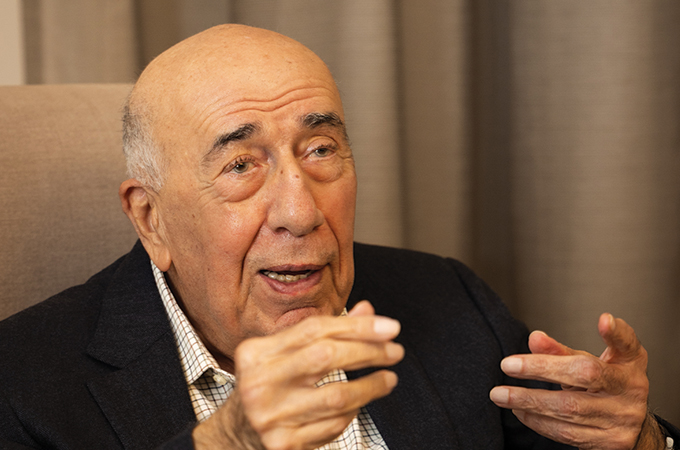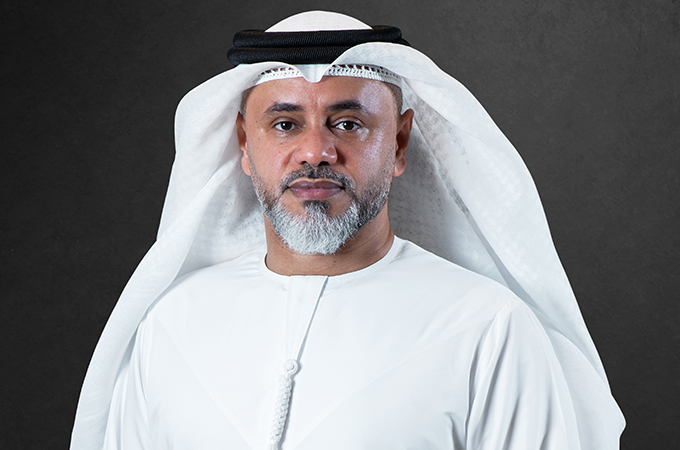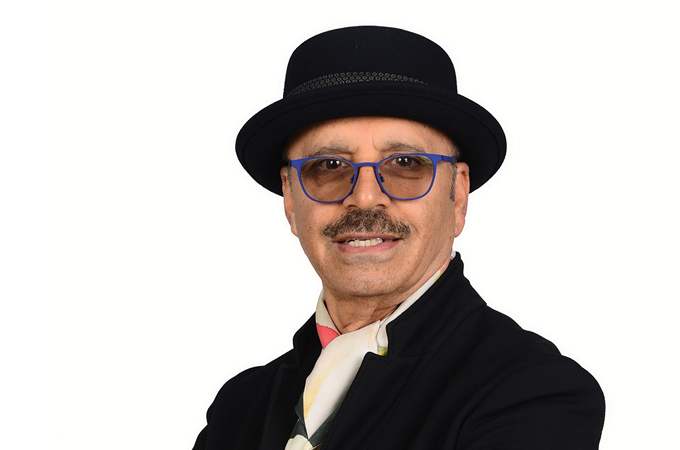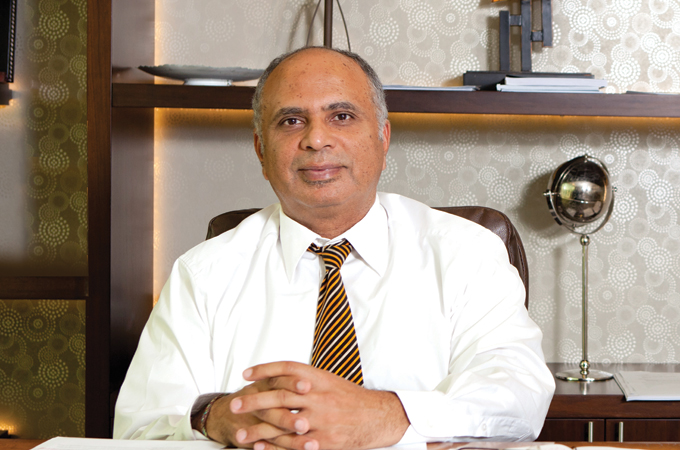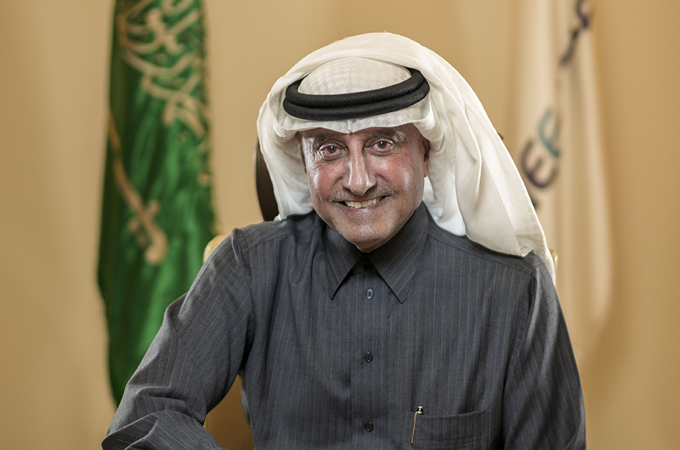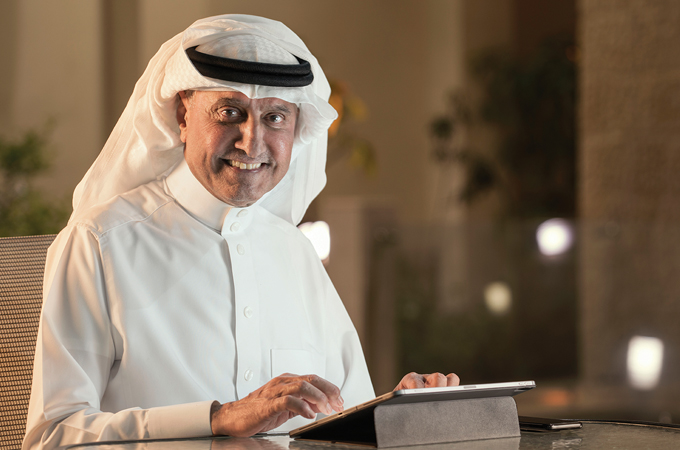Autumn 2017
Prince Sultan bin Salman is transforming tourism in Saudi Arabia while preserving and showcasing its rich heritage
The life of HRH Prince Sultan bin Salman bin Abdulaziz Al Saud spans some sixty years, from a modest house in an older part of Riyadh to space. During that time he has occupied numerous positions and built a reputation as a hands-on operator and as a man possessed with formidable levels of personal energy and vision.
Currently, he is the Chairman of the Saudi Commission for Tourism and National Heritage (SCTH), an umbrella body that oversees the tourism aspects of some 14 ministries and is charged with conserving and developing historic sites and tourism in Saudi Arabia. Flying is his abiding passion and the conservation and development of the Kingdom’s heritage and architectural history is a close-run second.
“The complexity of this organisation is that we oversee so many sectors and we work with many partners – partnership is our flagship. We created that in 2002, it is the thing that saved tourism in Saudi Arabia,” says Prince Sultan, who was recently bestowed with an award by the UN World Tourism Organization (UNWTO) in recognition of his achievements.
Though he is best known around the world as the “Saudi Spaceman”, there is much more to Prince Sultan than that. What has characterised him since his early youth is his determination and passion for what he takes on.
“I don’t know how people can go through life without having passions that guide their life, I really don’t understand that,” he says. “However, this passion has never distracted me from working very hard, looking after multiple organisations.”
Far from being distracting, his passions are drivers for a very busy life and a whole raft of official responsibilities. “Work is what you do; passion is who you are,” Prince Sultan says.
THE EARLY YEARS
Prince Sultan was born sixty years ago in a modest concrete house in Al-Mansouria District, an older part of Riyadh. Although his father (now the Custodian of the Two Holy Mosques King Salman) was Deputy Governor of Riyadh at the time, Prince Sultan attended a local public school built during the reign of King Saud, and which was open to all comers. He continued his education at local schools through secondary level until circumstances intervened.
Much given to hunting, soccer, horse riding and the outdoor life and with a burning ambition to join the air force, in his late teens Prince Sultan was struck down with a crippling form of arthritis that kept him in bed for a year, heavily dosed with cortisones. “I was used to being very active, so that was very tough,” Prince Sultan muses.
Once given the ‘all clear’, the young prince focused on losing the weight gained during his enforced idleness by engaging in strenuous physical exercise, a regime he continues to this day.
In 1976 Prince Sultan went to Denver, Colorado in the US, saw snow for the first time and was hooked! It turned out to be the start of his other enduring passion: skiing.
FLYING HIGH
Prince Sultan’s passion for flying was triggered when he was 11, when he attended, along with his father and his late brother Prince Fahd, the first graduation ceremonies at the King Faisal Air Academy.
“I was so drawn to the beautiful jets and their performance that I asked my father if I could quit school and join the academy,” recalls Prince Sultan. “Wisely, he said that I should graduate from high-school first and then perhaps proceed.”
Ironically, it was just a year later the Prince Sultan was struck down with the severe rheumatic infection that prevented him from engaging in most of the activities he loved.
Following his first instinct to fly, Prince Sultan visited the local airport with the late Prince Fahd and friend Fahd Al Dossary, where they met an instructor named Jack Meadder. While there, he got the chance to experience flying in a small plane for the first time, a Cessna 172.
A hoary old pilot, who was in charge of the airport, chanced to offer the young prince a flight in an open-top biplane. “He owned a bi-plane, with open cockpits and he put me in the front and said ‘If you feel bad just put your hand up’. He was nuts. He did aerobatics and flew upside down; I was looking at cows and things, and I couldn’t put my hand up! He never told me he was going to do that throughout the whole 45 minutes or so!”
On landing, Prince Sultan decided flying was definitely for him. “I was given a pile of books to learn but I flunked the written tests. Twice! I didn’t think it was important to learn the books, but I learned my lesson.”
It brought Prince Sultan hard up against the realities and physics of flying. “I thought, that’s it, I am not going to hurry on this one. For a couple of months I went to ground schools, hit the books and then I aced it. It was application that was needed, not the mental capacity. Anybody can become a pilot, but I wanted at that point to become an aviator.
“The idea of a space mission was not even in my imagination. A few days later, I got a call from a friend who invited me to dinner in his house. He told me that Arabsat was going to send someone into space, and asked if I would be interested. I thought I had absolutely no hope but said yes – who would not? I would at least see what the process was like. That was good enough for me.”
Initially the late King Fahd resisted Prince Sultan’s selection as a potential Saudi candidate but after some conversation agreed on the condition that he went through the process like everybody else. “There was to be no favouritism. He wanted everybody to have an equal chance.”
PUT TO THE TEST
Prince Sultan tells the story of the three Saudi candidates arriving in Houston after a sleepless 30-hour flight. “Staff from Nasa (the National Aeronautics and Space Administration) put us in a room with coffee and cookies at two in the morning, gave us our badges, a 40-minute briefing and said that they would pick us up at six in the morning. So we went to sleep at four and woke up at six. I learned that they wanted to push us to the limit. We went to the medical centre for two days of examinations and learned about parts I never knew I had! It was really gruelling.”
Next up was the psychology department. On the table was a bowl of Snickers. “The whole day they gave us nothing to eat, just water, and they took me to task for an hour and a half.”
When the interviews finished, Prince Sultan asked what they were looking for. He quotes the answer in full, as something he never will forget. “We’re looking for people who are stable, can work with a group, who can spend seven days in the middle of nowhere and deal with emergencies. We are looking for a group that can really work together and not come unglued. In truth, we are probably looking for someone who is not crazy. So I said there are two-and-a-half million pounds of thrust (two rocket boosters, three engines) and 535,000 gallons of propellants under you, so you have to be crazy to sit on top of this thing!”
Then came interviews with Nasa, visits to the Johnson Space Center and so on and the rest is history. Just six months after he flew on the shuttle Discovery in June 1985 to launch Arabsat 1-B, the shuttle Challenger on mission STS-51-L launched on January 28, 1986 but exploded on take-off with all souls lost.
Returning to Saudi Arabia after the space mission, Prince Sultan was awarded the rank of Captain by King Fahd and joined the Royal Saudi Air Force. In a perfect example of historical circularity, he had finally achieved his boyhood ambition to be a fighter pilot – though entering from the top after the Shuttle mission as opposed to through the entry-level ambitions of a boy.
MOVE TO TOURISM
Having qualified on several types of aircraft from jets through helicopters to gliders, since leaving the Royal Saudi Air Force (RSAF) with the rank of a Colonel, Prince Sultan has applied himself enthusiastically to an increasingly heavy government workload. Although his name is now synonymous with tourism, culture and heritage and national, international issues and causes for the disabled in Saudi Arabia, he modestly insists on explaining that he simply ran with the request of the late Crown Prince Sultan bin Abdulaziz in the mid-1990s who asked him to take it on.
“I said that I didn’t understand tourism but he said, ‘I don’t need someone who understands tourism; I need someone who can deal with the complexities of building a sector like this in this office, someone who understands how to work with governors, ministers, scholars and communities. I want a soldier’.”
At the time, tourism had a poor reputation, and was considered little more than entertainment. And while entertainment is a component, Prince Sultan says the role of tourism in fostering mutual understanding of cultures on what he describes as “this small planet” elevates it to a new level.
“In the beginning, most people didn’t want tourism because of its reputation. They had seen tourism around the world – and tourism hadn’t matured yet to the international industry that it is today. Today it is a very mature, social and economic sector and one of the largest service industries. It is more than mere entertainment; originally people thought that it was something that would interfere in their culture negatively.”
Prince Sultan brought a background of heritage with him to his new role having been involved with heritage since the mid-80s, established the Turath Foundation in 1995-96 and started working to protect the historical sites of Saudi Arabia.
“When I came to this, there was no organisation and no people, no office, no paperwork – nothing. I started from scratch, pulling people together, working at my house, going out every day by car looking for office spaces.”
TRANSFORMATION
Initially, there was some resistance to tourism and change happened slowly. However, in 2009 the promulgation of an antiquities law laid the basis for what later became the national antiquities and heritage law.
Since then, the Saudi tourism scene has been transformed. “We are up to almost 500,000 hotel rooms today – that would never have come to Saudi under the old 2005 statute. There were sectors such as travel companies, tour guides and so on that were not under any law, so we transitioned them to accommodate them under the SCTH. We are the board, a commission; we are not a ministry,” he explains. “I chair a board of 14 deputy ministers and seven other members from the community and the private sector.”
Saudi Arabia also had a role to play in elevating the stature of the UNWTO, as Prince Sultan reveals. The UN’s involvement with tourism dates back to 1920 when the International Congress of Official Tourist Traffic Associations (ICOTT) was formed but it was only in 2003 that the General Assembly approved the WTO’s transformation into a UN body. “We were one of the main countries that drove it towards becoming a UN organisation, elevating tourism,” he says.
For its part, the UNWTO has recognised Prince Sultan’s untiring efforts and in September this year, presented him with a special award in recognition of his role in developing Saudi Arabia’s tourism and heritage, his efforts in changing society’s views towards tourism, as well for his support for the UNWTO.
The award was presented by China’s Deputy Prime Minister and UNWTO Secretary General Dr Taleb Al Refai in the presence of 1,100 tourism officials and 75 ministers representing 132 countries, on the sidelines of UNWTO General Assembly in Chengdu.
It was the first time ever that the WTO had honoured someone in this category, and a great achievement for Saudi Arabia.
Asked what fuels his passion for heritage, Prince Sultan says that he does not think a country could go forward without its people knowing the country they live in, and where they came from.
“If you believe you come from a rich country, and I am talking culturally; if you believe you come from an exceptional country that has the holiest sites in Islam which is a major gift to us, – you have a responsibility. To be born here is a responsibility, not a privilege,” says Prince Sultan, who still lives in a traditional mud house which he restored in the 1990s at the Uthaibat date plantation in his ancestral town of Dir’iyyah.
He believes that Saudi Arabia is richly endowed, with a history that few countries could match. “We can’t go into the future without knowing what we are all about, which future we want to go to and which role we need to play.”
He pauses: “I saw this amazing vision from space – that I was born in a place where, we believe, the final religion for humanity was born. All humanity is living on a small planet. We have a responsibility to live up to the place where we were born.”
A question that has been frequently asked concerns non-Muslims who just want to visit and form their own opinions on the country. The question is, will that ever happen?
Prince Sultan’s answer is typically decisive: “Yes,” he says, adding that he expects a tourist visa to be in place by the end of the year or soon after. “We want high-end foreign tourists to come so we can show them our country, a country that internationally is very involved. We want them to experience our story first hand. Alongside, we also want to grow the local tourist market. The kingdom has a great diversity of culture and environment and offers expansive experiences. By developing the internal market, we will gain valuable hands-on experience that will enhance the quality of our offer to external visitors.”
He notes that a Tourism Development Fund had been established with a budget of SR2.8 billion ($690 million). “We are going to see a lot of new nature and desert camps and resorts not specifically for internal or external tourists – it is for all.”
His vision is that tourists will begin to see that Saudi Arabia is a country for religious visitors who want to enjoy its culture and historic sites, but as it also a fast developing country and a major player in the world economy, visitors will also get an opportunity to see its powerful economic potential close-up.
Prince Sultan is confident that Saudi Arabia will become one of the leading countries in the region for tourism because “we have an open window to markets and assets no one can compete with”.
Commenting on the market he wants to develop, Prince Sultan is quite clear. “We want to attract tourists who add value to our economy, and appreciate our country, its culture, beauty and people. We will not just focus on Muslims but quality international tourists. Everything is ready in Saudi Arabia to receive visitors who will have an experience of a lifetime.”



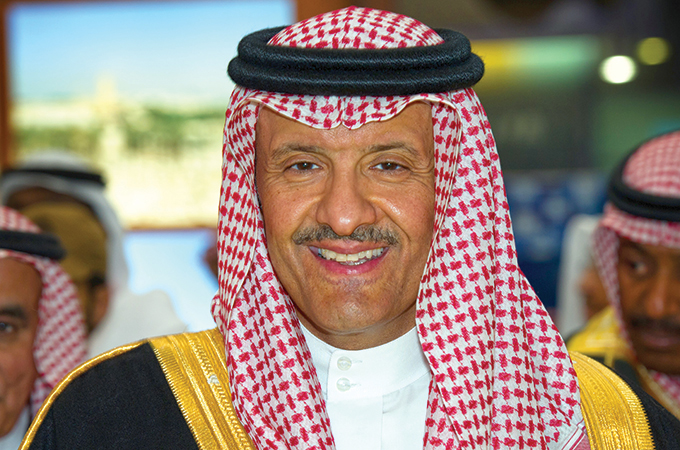
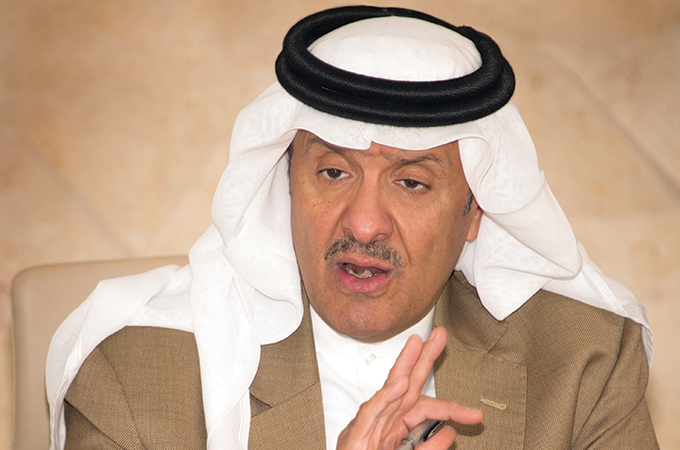
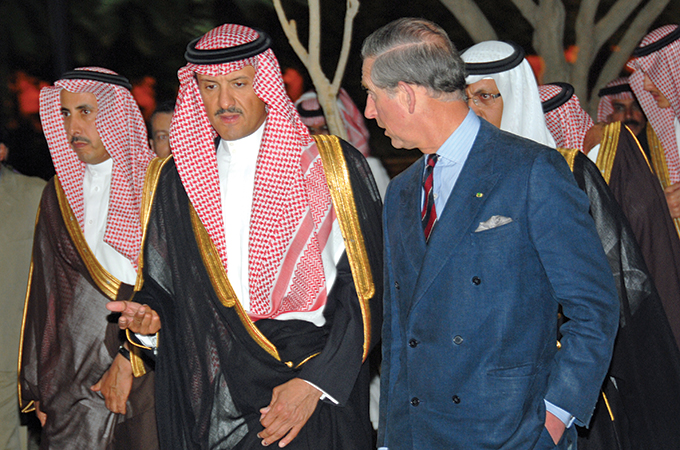
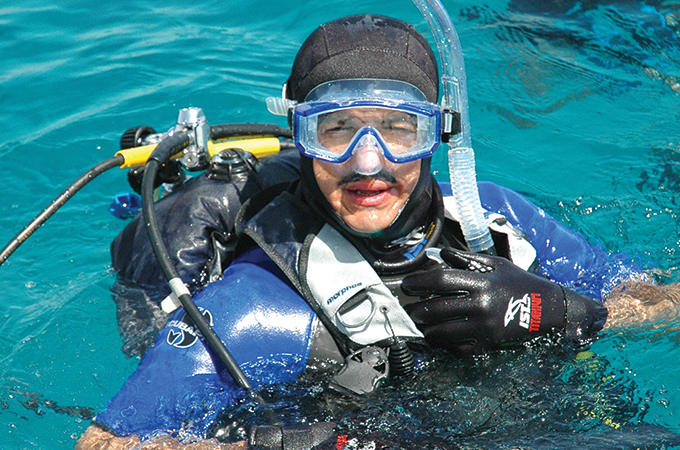
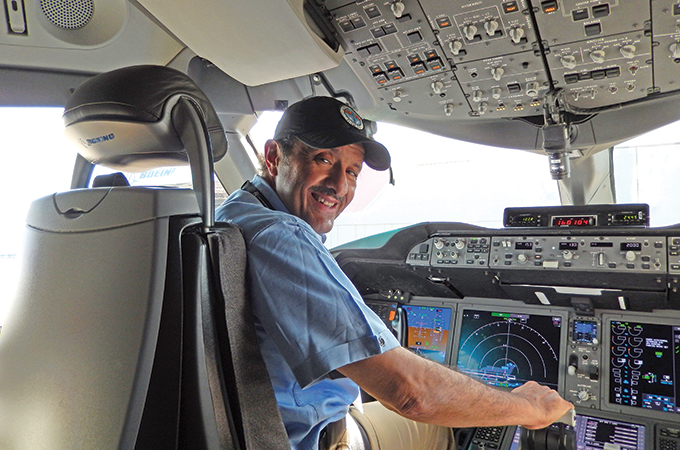
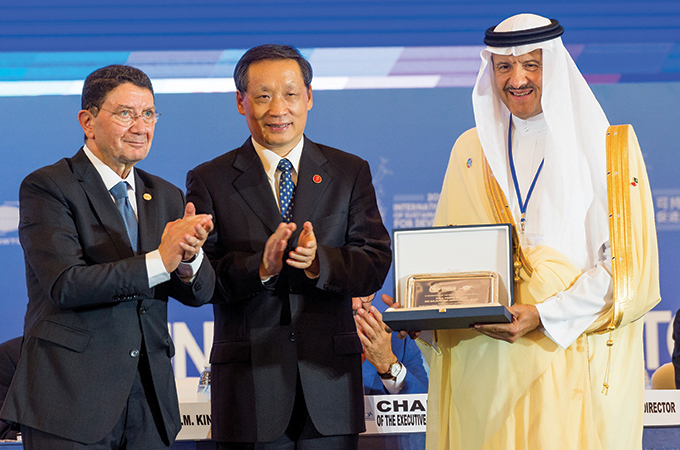
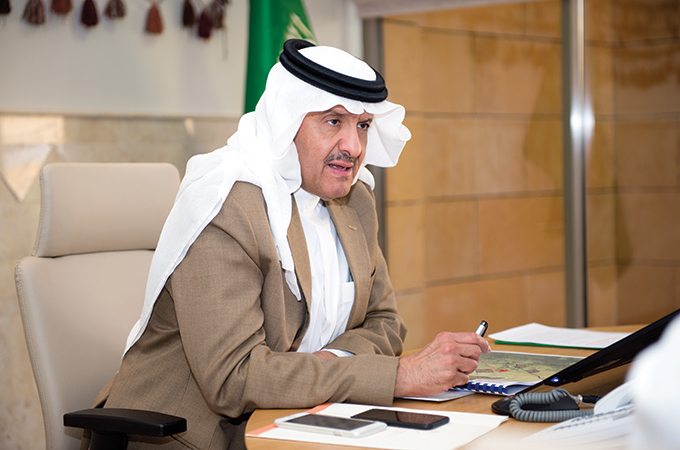
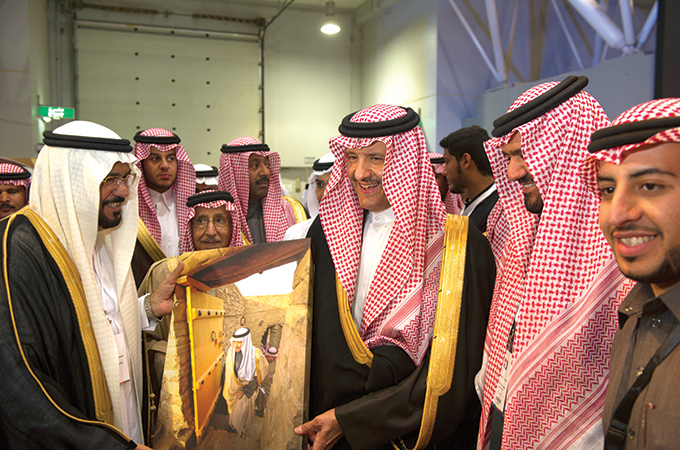
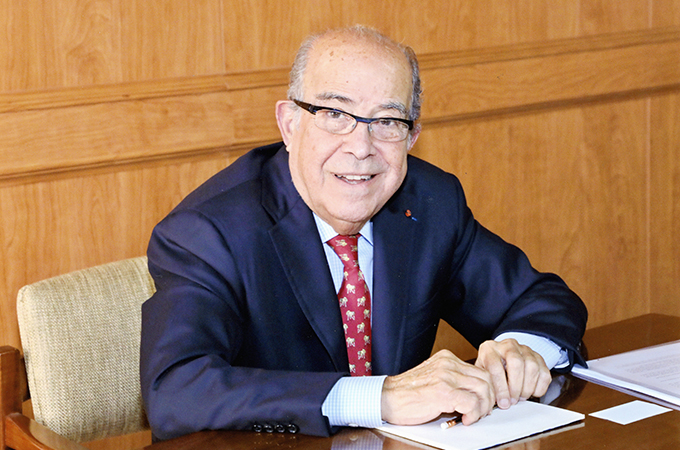
.jpg)
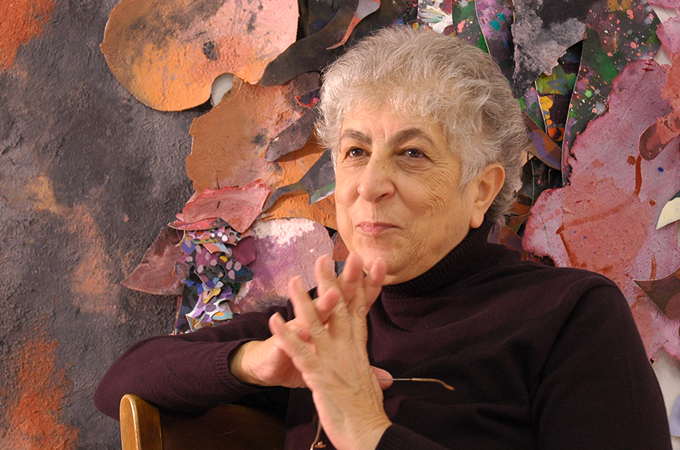
.jpg)
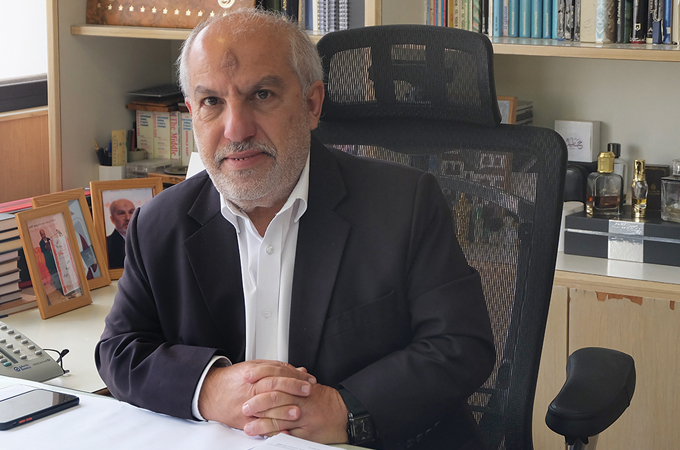
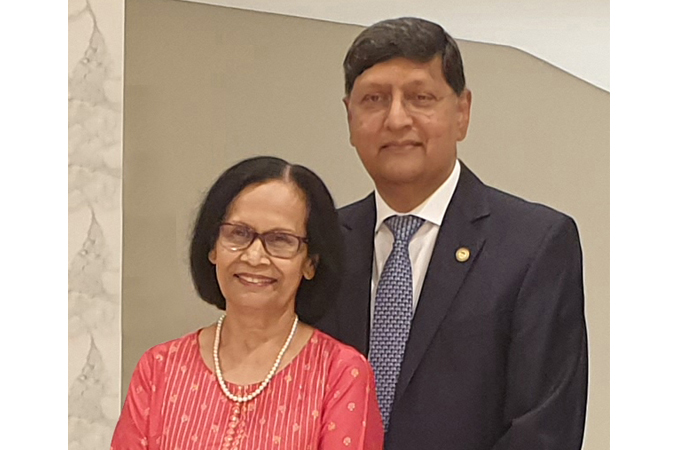
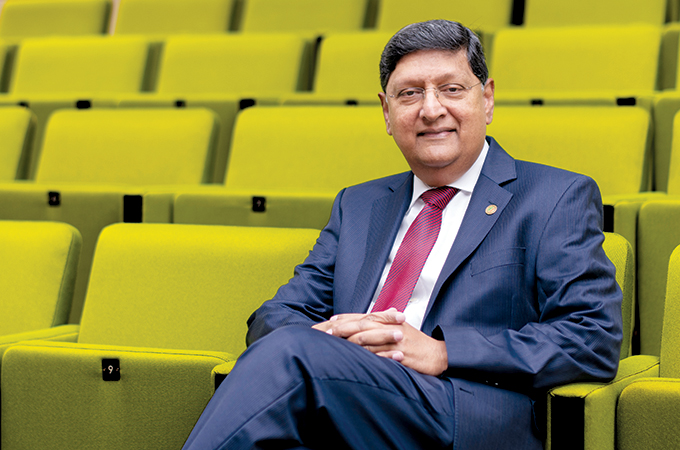
 B.jpg)
